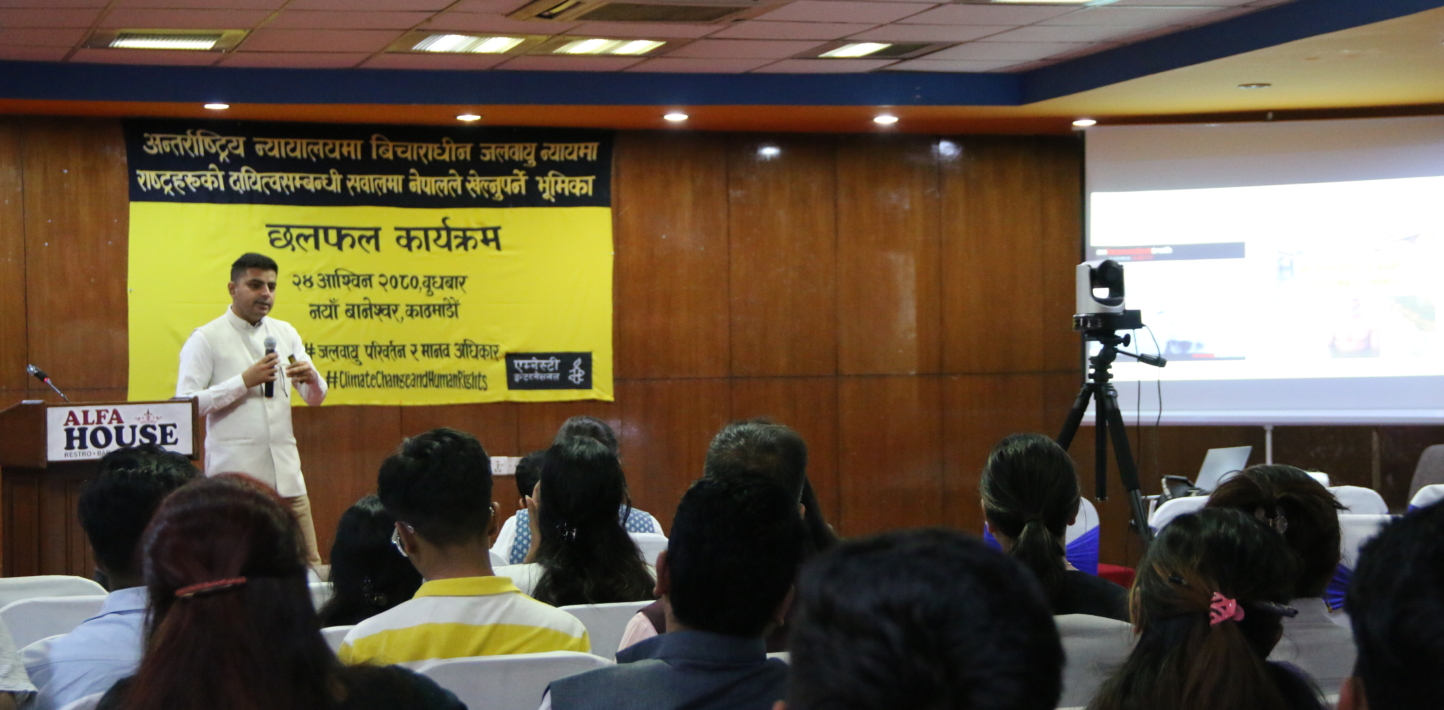On 12 April 2023, the United Nations General Assembly requested the International Court of Justice (the ICJ) to provide an Advisory Opinion on the obligations of States across the world in respect to climate change. States have been requested to submit their legal memorandum by 22 January 2024, after which the ICJ will be holding a hearing.
As one of the most impacted countries due to climate change, Nepal should deem it crucial to submit a legal memorandum voicing its needs of financial and technical support and cooperation for climate mitigation and adaptation efforts from wealthy States who have the larger share of contribution in climate change.
In this context, Amnesty International Nepal organised a discussion program on 11 October to educate and advocate authorities to push them to write this memorandum, and to discuss how climate justice has become a critical human rights concern with government officials, youth activists, journalists, lawyers, and other stakeholders.
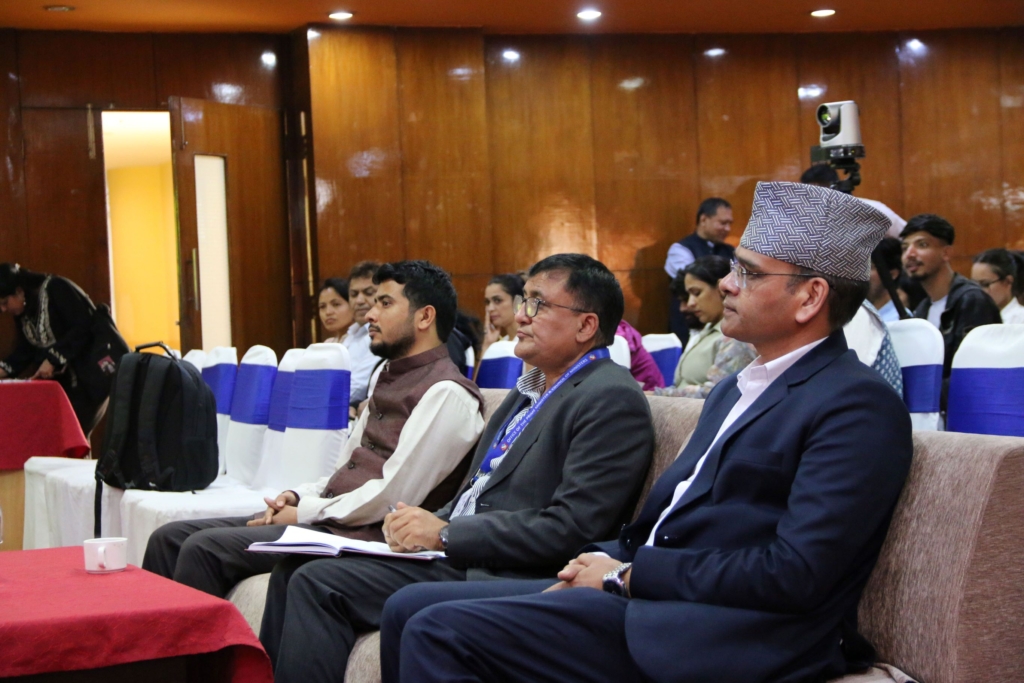
Welcoming participants to the discussion, Nirajan Thapaliya, Director of Amnesty International Nepal, said, “Our main objective today is to bring to the fore the significance of inputting to this advisory opinion process and I think this is an opportunity for us as a nation to put forth our issues and injustices of disproportionate scale to the International Court of Justice. Indeed, the United Nations Framework Convention on Climate Change itself acknowledges the ‘Common but Differentiated Responsibilities’ principle that different countries have differing responsibilities in addressing climate change.”
The director also presented the Nepali translation to the audience of ‘Stop Burning Our Rights! What governments and corporations must do to protect humanity from the climate crisis’ – Amnesty International’s policy document on climate change.
He also emphasised the need for youth to become an integral part of climate action, saying, “Climate change is an intergenerational issue, which is why we have a lot of youth representatives here today. It is important for young people to take on the issue of climate change.”
Following the introduction, AI Nepal’s Human Rights Education Officer Kundan Raj Sharma delivered a presentation on how climate change is a human rights crisis and what Nepal’s response to the ICJ in the Advisory Opinion could be.
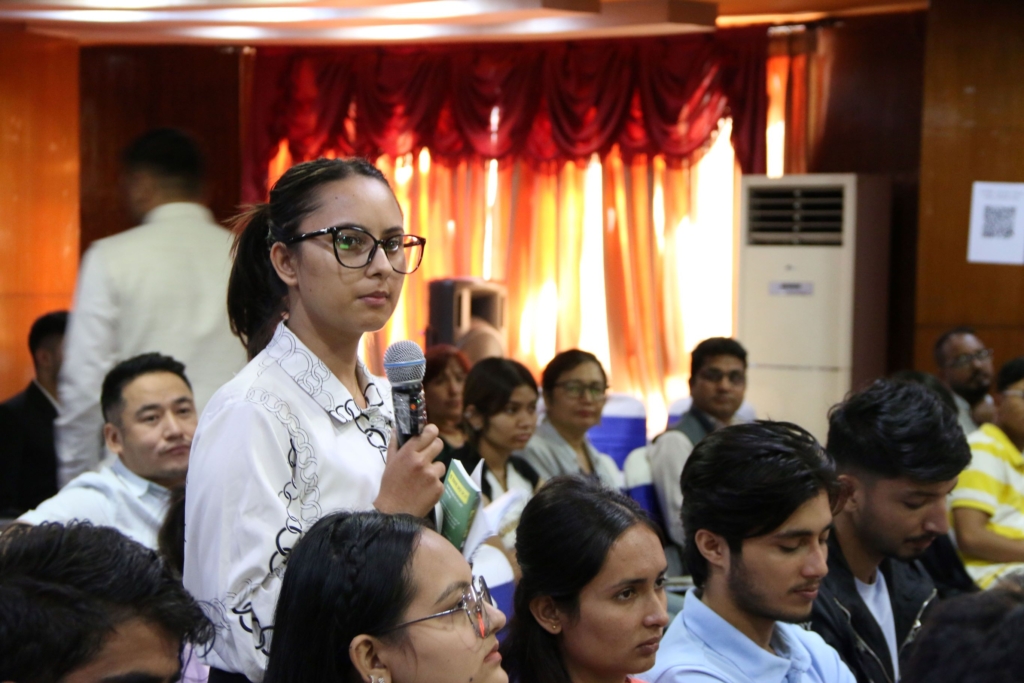
After the presentation, the floor was opened for discussion. The questions from the participants focused on a range of concerns, such as historical responsibility towards climate change, youth involvement in climate action, migration and climate change, inclusion of climate change in school curriculum, inclusion of the voices of the marginalised and indigenous, ensuring data accountability, climate finance, loss and damage, economical and gender injustices in tackling climate injustice, etc.
In response to the questions asked by the participants, Shila Gyawali, from the Climate Change Management Division, Ministry of Forests and Environment, said, “Going forward, we will try our best to fast track this process and include all the suggestions we have received today. We understand the graveness of the climate crisis situation and the need to act on it fast.”
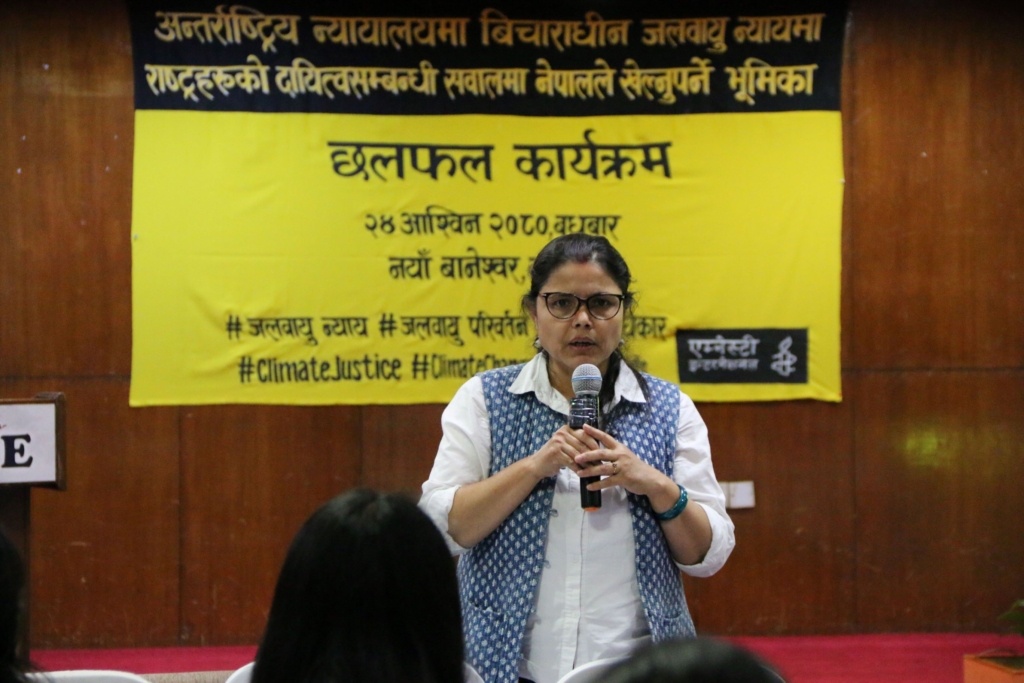
Adding to what she said, Junga Bahadur Dangi, an official from the Ministry of Law and Parliamentary Affairs, said, “I am very thankful to Amnesty International for inviting me to this very insightful discussion. I too have noted down all the concerns that have been raised and I will take the issue forward at the Ministry.”
Dr. Popular Gentle Bhusal, development advisor to the Prime Minister’s Office, said, “I only found out about this advisory opinion last week and I came here to understand it in more detail because this is an important issue. The first thing we need to do is initiate a formal process with the Climate Change Management Division, which is the focal point of any climate change issue. Although we do not have a lot of time because the deadline is in January and there are already a lot of preexisting injustices and vulnerabilities that have not been addressed, we will start work right away.”
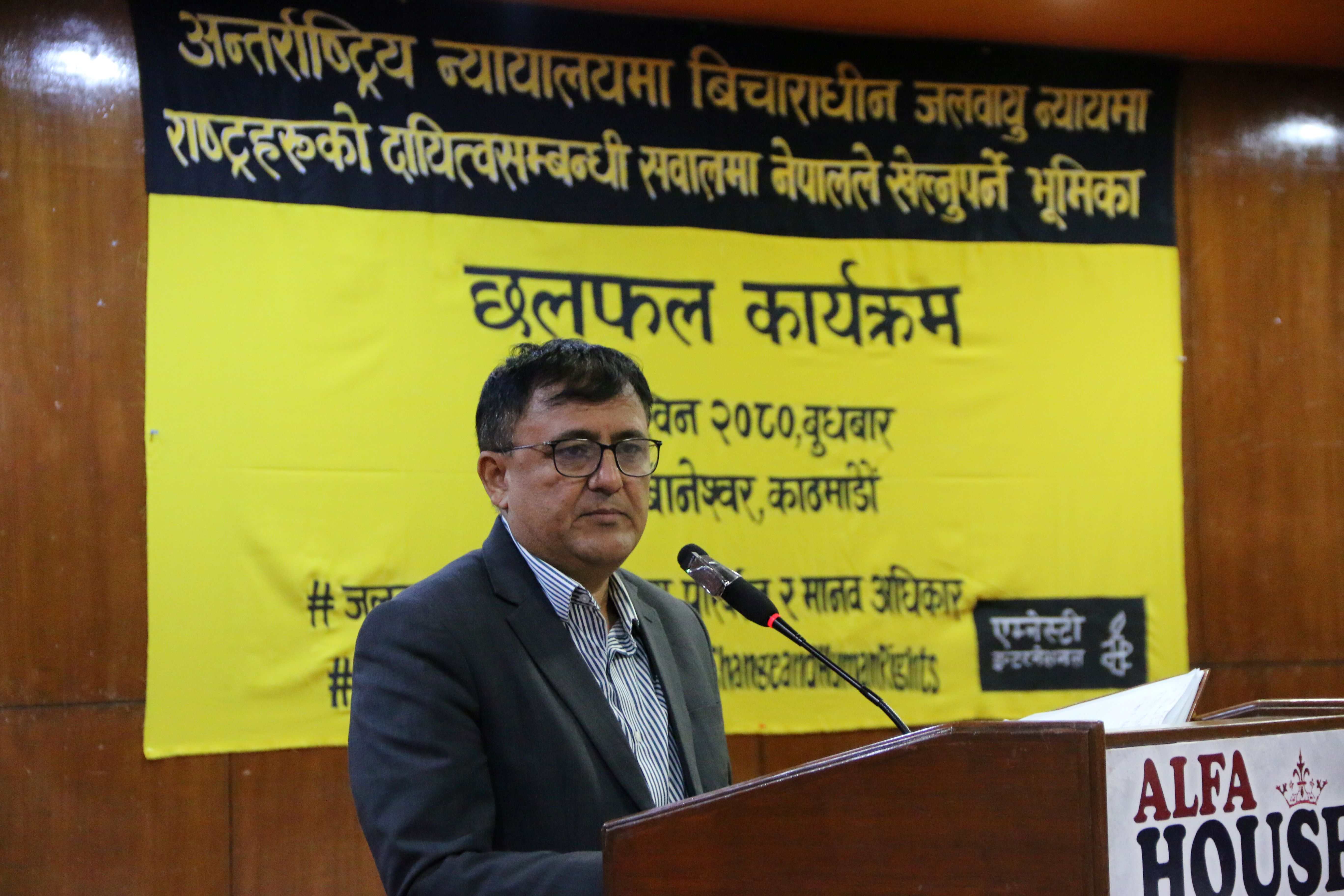
Closing the discussion, Amnesty International Nepal’s Chairperson Bipin Budhathoki said, “One point I would like to stress as I close this discussion is that when we talk about climate justice, we must keep in mind the historical injustices that marginalised communities in Nepal have faced and the responsibility the nation owes to them. Thus, when we look for solutions, we also must make sure that the dignity of people is ensured when we work towards a liveable planet.”


